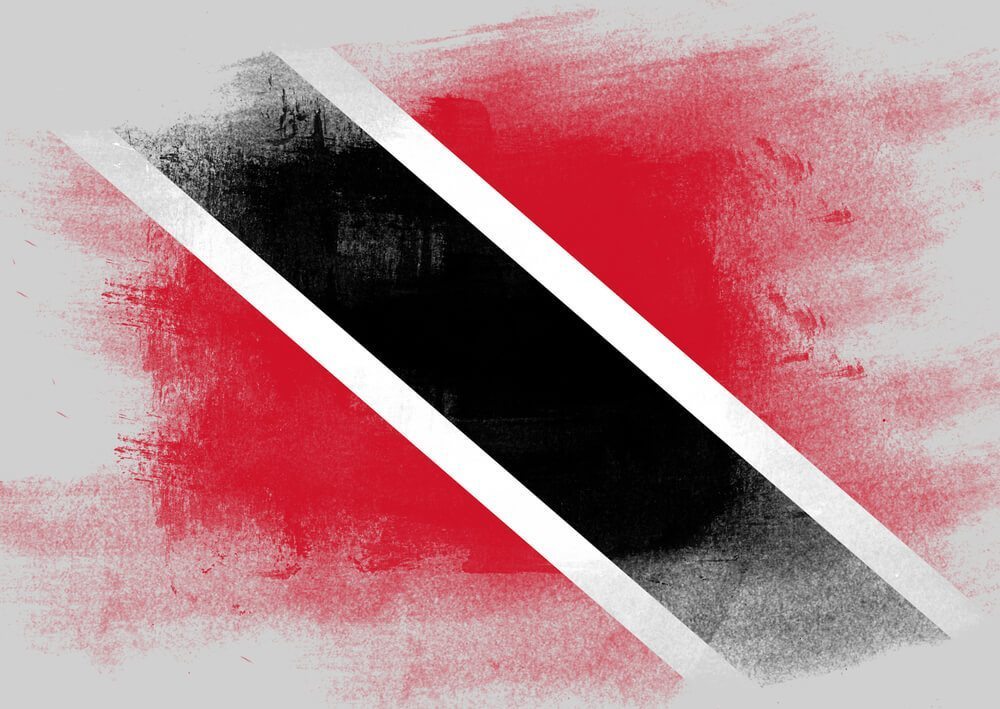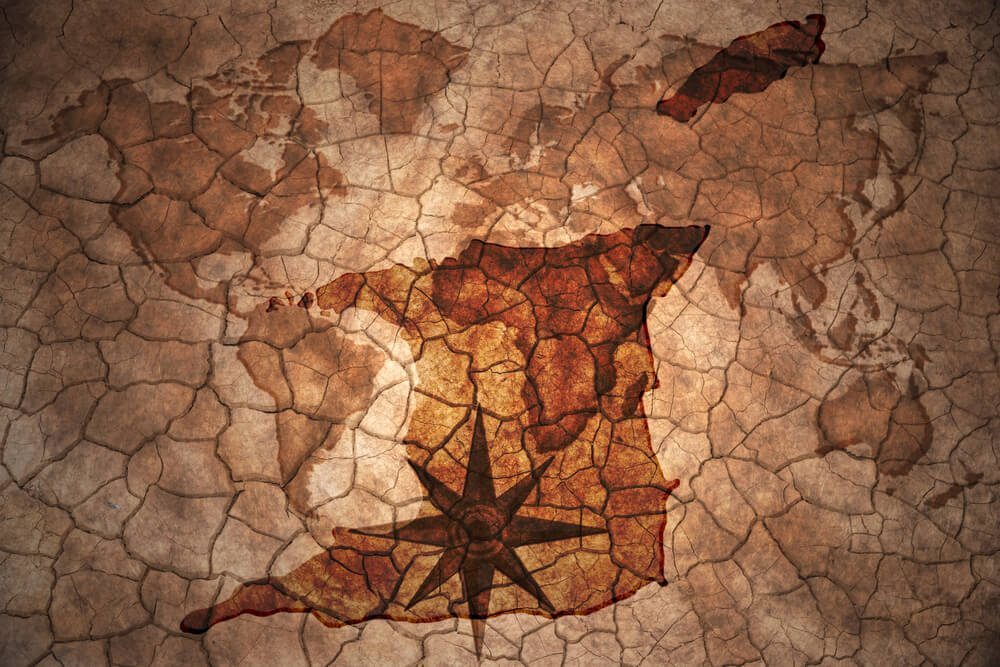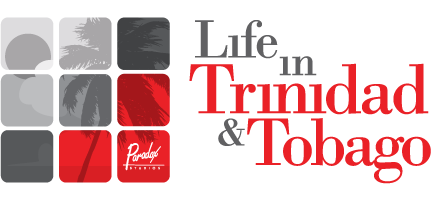Earlier this month, Trinidad and Tobago lost a well-respected and much-loved man, Angelo Bissessarsingh. For such a young man (he died at age 34), Angelo left quite a legacy – a treasure trove of stories from our islands’ past and, for many, a burning interest in our nation’s history. He, along with other local historians, educators (parents, grandparents, aunties and uncles, probably), saw the great value historical knowledge has on a society. He made it his life’s passion to educate our citizens. As I join our country in celebrating Angelo’s life, and soak in the media coverage of the US Black History month, my own knowledge of local history has been on my mind. Is it important to know our own history? Why?
I went to university in a small town in the US state of Minnesota (MN). It’s a very small town, surrounded by lakes and forest, located two hours away from the state’s capital and 20 minutes away from the nearest (small) city. The student population was mainly Minnesotan – white-skinned, with blond hair and blue eyes – and many knew little about life outside their own state. There was a small international student community, however, and the first Trinbagonian to join it was of Chinese heritage. He was also the only Trinbagonian on campus. Until, that is, a year or two later when another T&T national enrolled. Dark-skinned, with curly hair, the new guy looked like he was mixed with everything but Chinese. New to the school and the state, he linked-up with Trini #1 who introduced him to his friends as a fellow countryman. The friends were baffled. “How could that be?” they asked.
When I first heard this story, I’ll admit it took me a second before I understood their puzzlement – as far as the friends knew, people from the same country look the same. And, in that story, I recognized the very unique perspective we, in T&T, are fortunate to have. Those Minnesotans found it difficult to conceptualise that people, born and bred in the same country, could have completely different physical features. I struggled with the fact that they struggled – there are cultures whose people have never had the experience of sharing nationality with individuals of different races. It wasn’t an epiphany-yielding moment for me, just recognition of something I’d never considered, because I never had to.
My time in Minnesota was an eye-opener, not because I encountered and experienced different cultures while I was there. But because of people’s surprise at our differences. From our perch on our islands here in T&T, our world view is different and, in many ways, we’re lucky for it. Our perspective is not simply unique, however. It’s also valuable – in large part, because it comes from a place of diversity (as well as, hardship, perseverance, strength and unity) which is, undoubtedly, due to our history.

Our nation’s history built the society in which we have grown up, and within which we are still living and growing and raising younger generations. I know our history helped paint my world view and continues to contribute to my experiences within the world. It has helped to forge my identity as a woman, a millennial, a loved-one, a Trinbagonian, as a world citizen.
Learning about our past is necessary for us to make better-informed decisions about our future. Yet, so much negativity has taken hold of our country’s present that our future looks dim. It’s easy to give up on T&T amidst daily reports of death and violence, and easier still when we hear some of the detached and uncaring responses of our leaders.
Giving up won’t solve our problems, however.
Turning to our history to learn from past mistakes, and for reminders of the strength and unity needed to evoke positive change, is a step towards a solution. We can secure lasting positive change by teaching our children about our past. Take them on outings to historical sites and visits to our museums and libraries. Give them books that tell our story and read to them. When T&T’s Film Festival comes around, take them to see (age appropriate) films about our country. Explore with them online (moms and dads, you can explore too).

Proper history education can help raise a generation of Trinbagonians who are proud of our heritage, our people and our country. It will help us raise leaders who will work passionately for positive change. Rather than proliferate archaic cultural norms, they will have the knowledge, the pride and love of country, to recognise and quash those dangerous behaviours and attitudes. Knowledge of our past can help our future.








